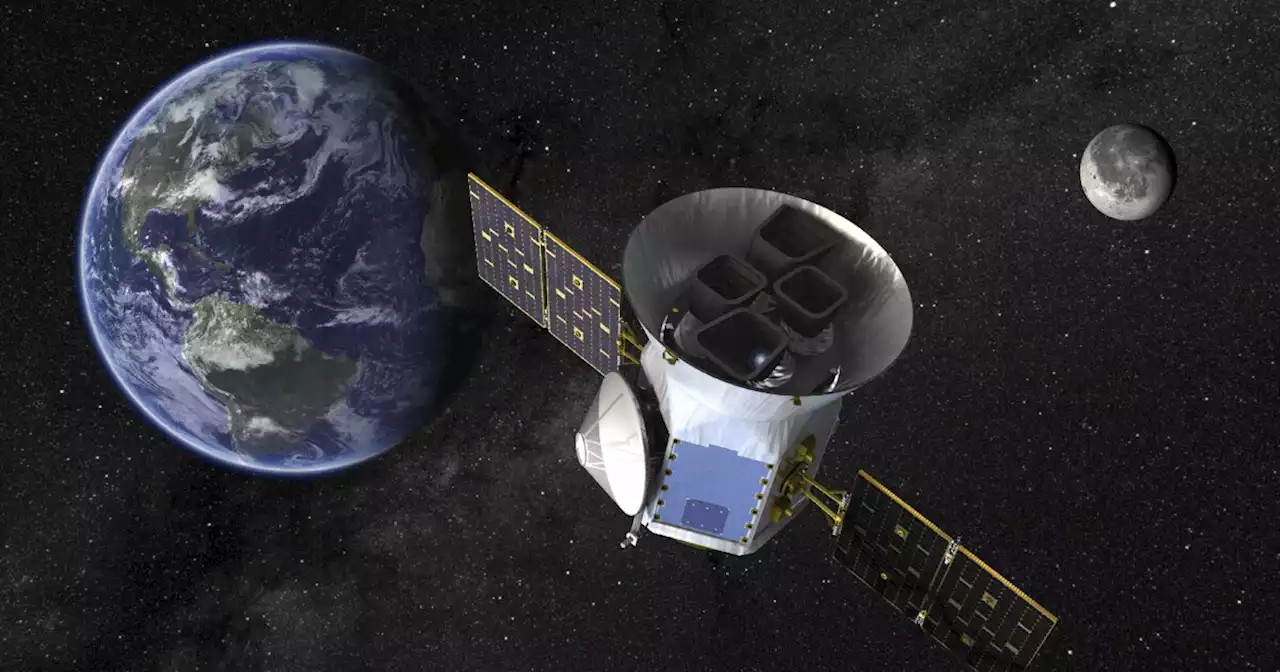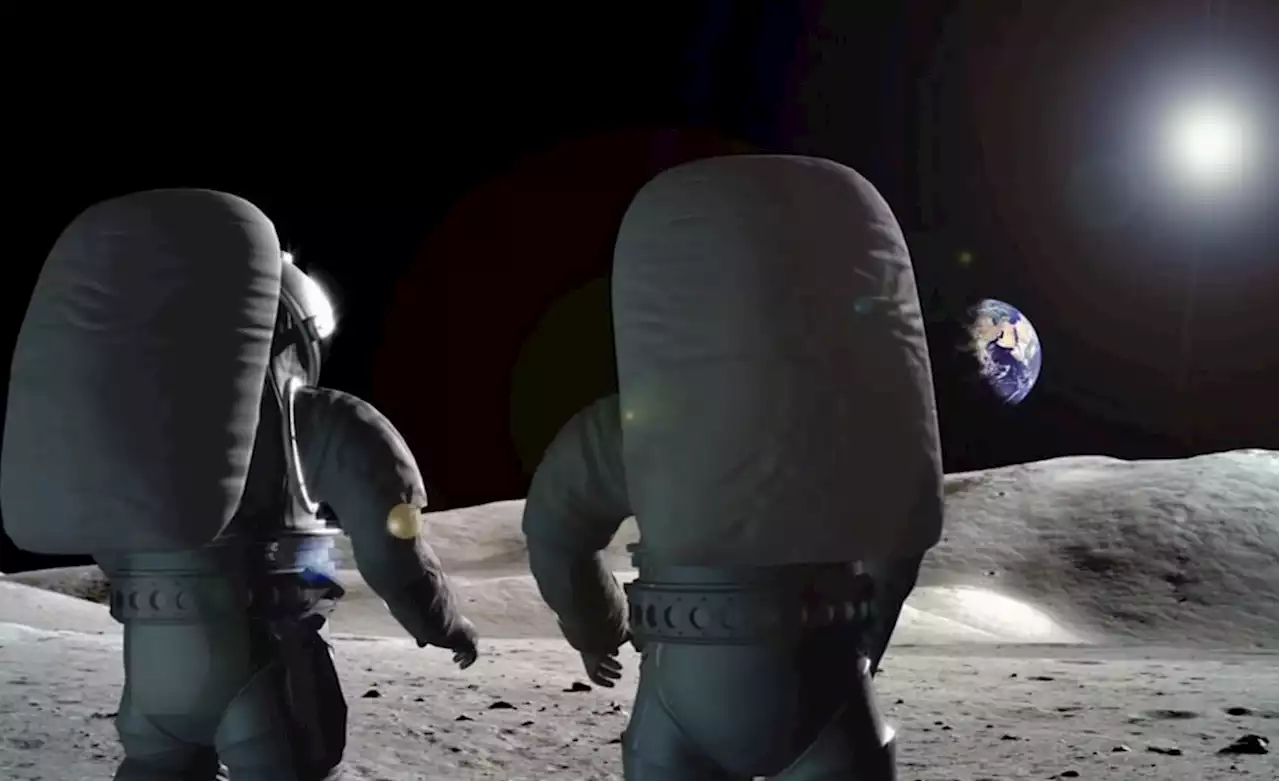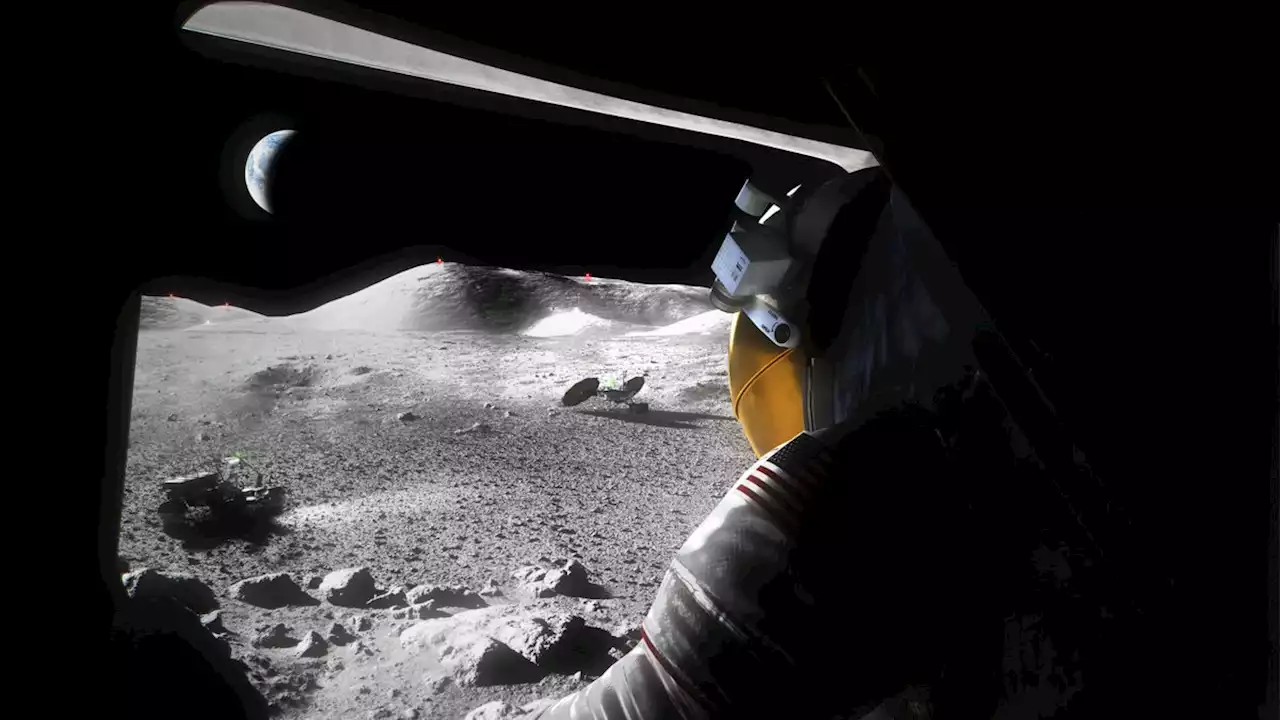Astronomers hope that studying the aftermath of a deep space collision can help use better understand how our galaxy formed.
Astronomers aren’t sure what caused this massive space collision
This dust has clumped together to create multiple rocky pieces which astronomers call planetesimals. Think of planetesimals as rocky celestial objects that help form new planets. These objects crash into each other, exchanging materials, and sometimes grow larger than before, forming new planets entirely.NASA’s Spitzer Space Telescope
Using the data from the telescope, as well as data from other telescopes on the ground, Su and her team were able to estimate the size and shape of the collision’s aftermath.The star cluster NGC 1805 as imaged by the Hubble Space Telescope. Image source: ESA/Hubble & NASA, J. Kalirai
United States Latest News, United States Headlines
Similar News:You can also read news stories similar to this one that we have collected from other news sources.
 ‘It’s mind-blowing’: Over 5,000 planets lay beyond our solar system, says NASANASA has confirmed that there are over 5,000 planets outside of our solar system.
‘It’s mind-blowing’: Over 5,000 planets lay beyond our solar system, says NASANASA has confirmed that there are over 5,000 planets outside of our solar system.
Read more »
 There are more than 5,000 confirmed planets beyond our solar system, NASA saysIn a milestone for astronomy – and possibly the search for extraterrestrial life – NASA's Jet Propulsion Laboratory confirmed there are now 5,000 known planets beyond our solar system. | via NPR
There are more than 5,000 confirmed planets beyond our solar system, NASA saysIn a milestone for astronomy – and possibly the search for extraterrestrial life – NASA's Jet Propulsion Laboratory confirmed there are now 5,000 known planets beyond our solar system. | via NPR
Read more »
NASA videos shows the tricky work of spacewalkers | Digital TrendsFootage from Wednesday's spacewalk at the InternationalSpaceStation shows the kind of tricky tasks that astronauts sometimes have to take on.
Read more »
 NASA looks beyond SpaceX for future lunar landers | Digital TrendsNASA says it’s welcoming lunar lander concepts from commercial companies other than SpaceX, which already has a contract to land astronauts on the moon.
NASA looks beyond SpaceX for future lunar landers | Digital TrendsNASA says it’s welcoming lunar lander concepts from commercial companies other than SpaceX, which already has a contract to land astronauts on the moon.
Read more »
 NASA wants another moon lander for Artemis astronauts, not just SpaceX's StarshipNASA plans to encourage the development of another commercial vehicle that can land its Artemis astronauts on the moon.
NASA wants another moon lander for Artemis astronauts, not just SpaceX's StarshipNASA plans to encourage the development of another commercial vehicle that can land its Artemis astronauts on the moon.
Read more »
 NASA Provides Update to Astronaut Moon Lander Plans Under ArtemisArtemis III astronauts will touch down on the Moon aboard a SpaceX Starship Human Landing System. We will be asking U.S. companies to develop astronaut Moon landers for NASAArtemis missions beyond Artemis III:
NASA Provides Update to Astronaut Moon Lander Plans Under ArtemisArtemis III astronauts will touch down on the Moon aboard a SpaceX Starship Human Landing System. We will be asking U.S. companies to develop astronaut Moon landers for NASAArtemis missions beyond Artemis III:
Read more »